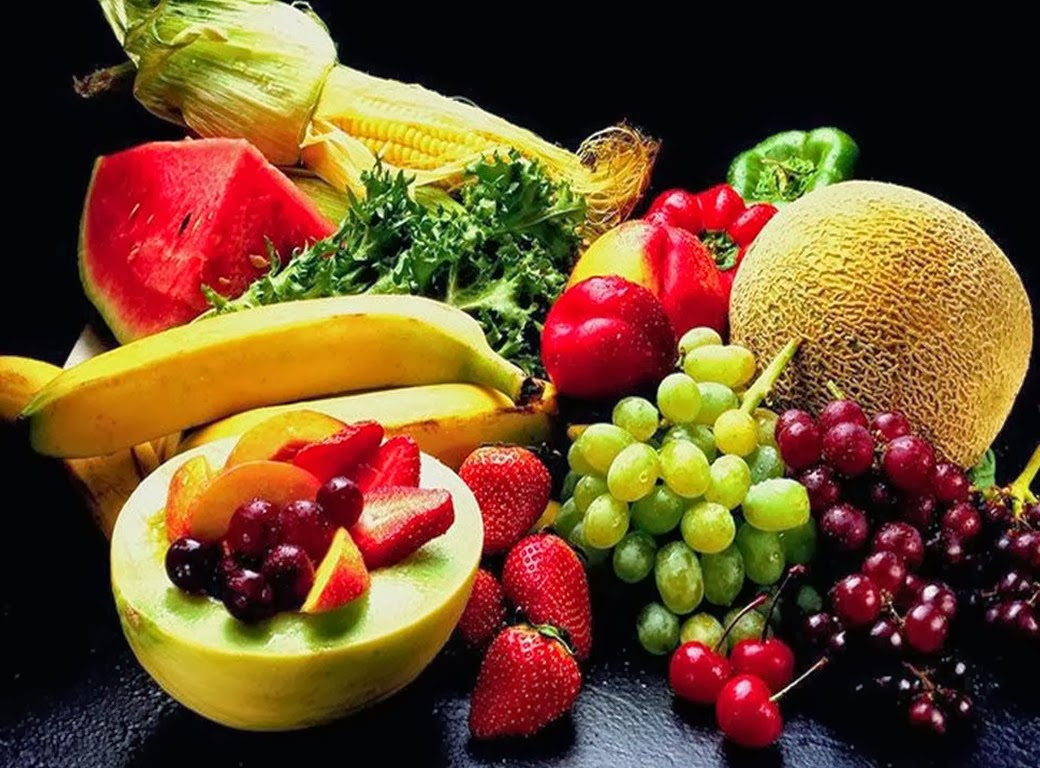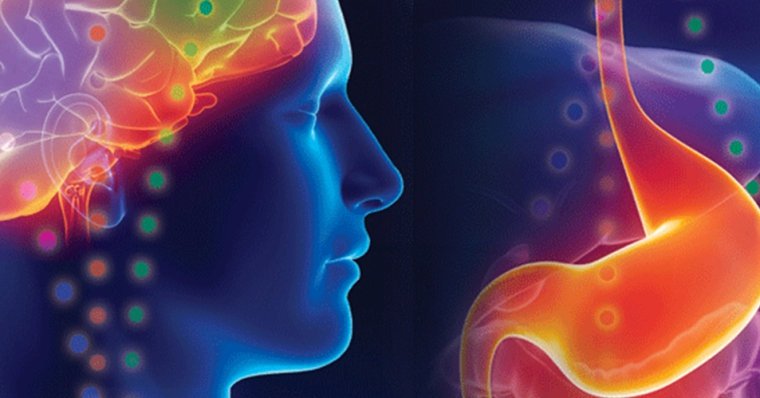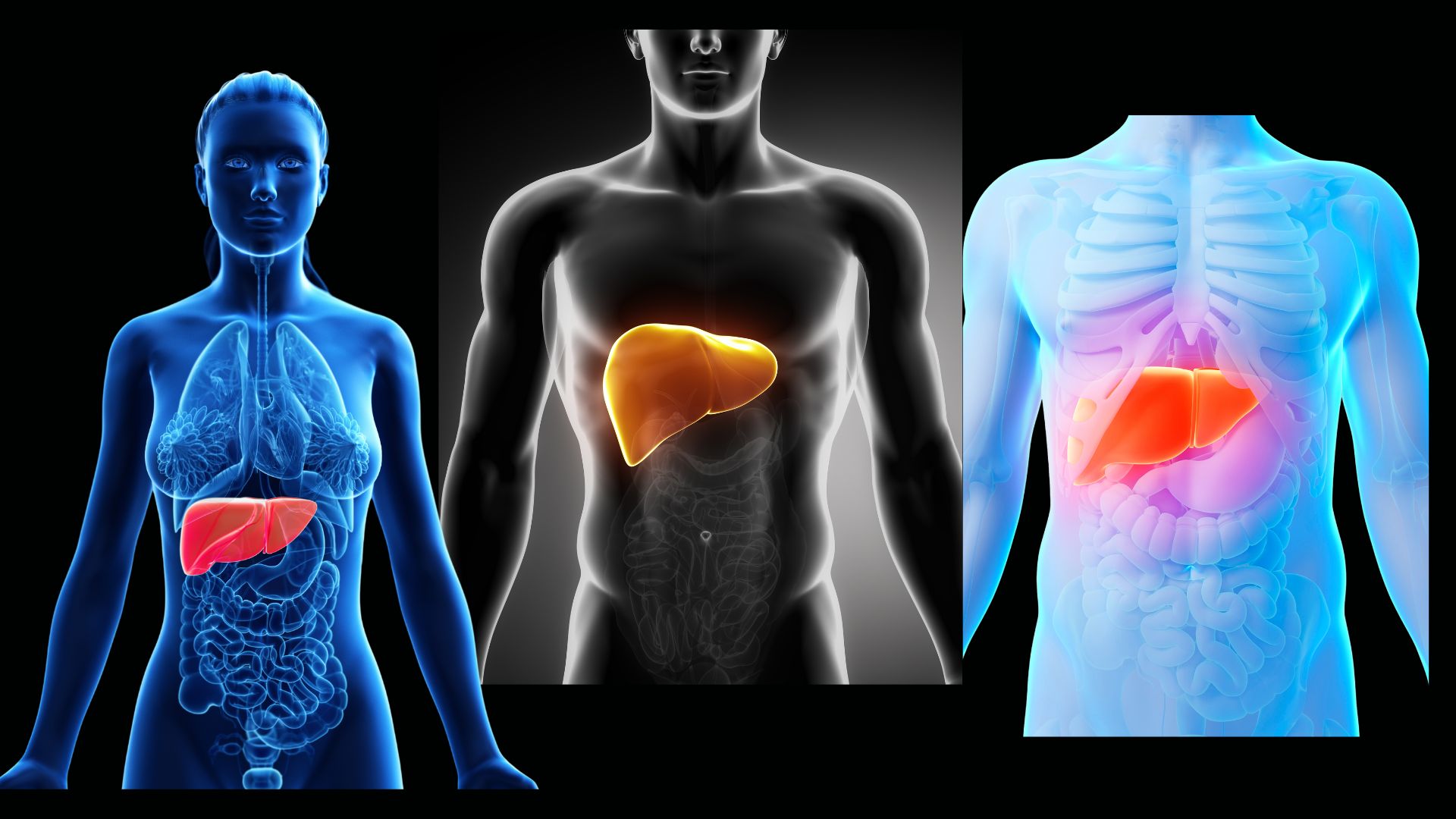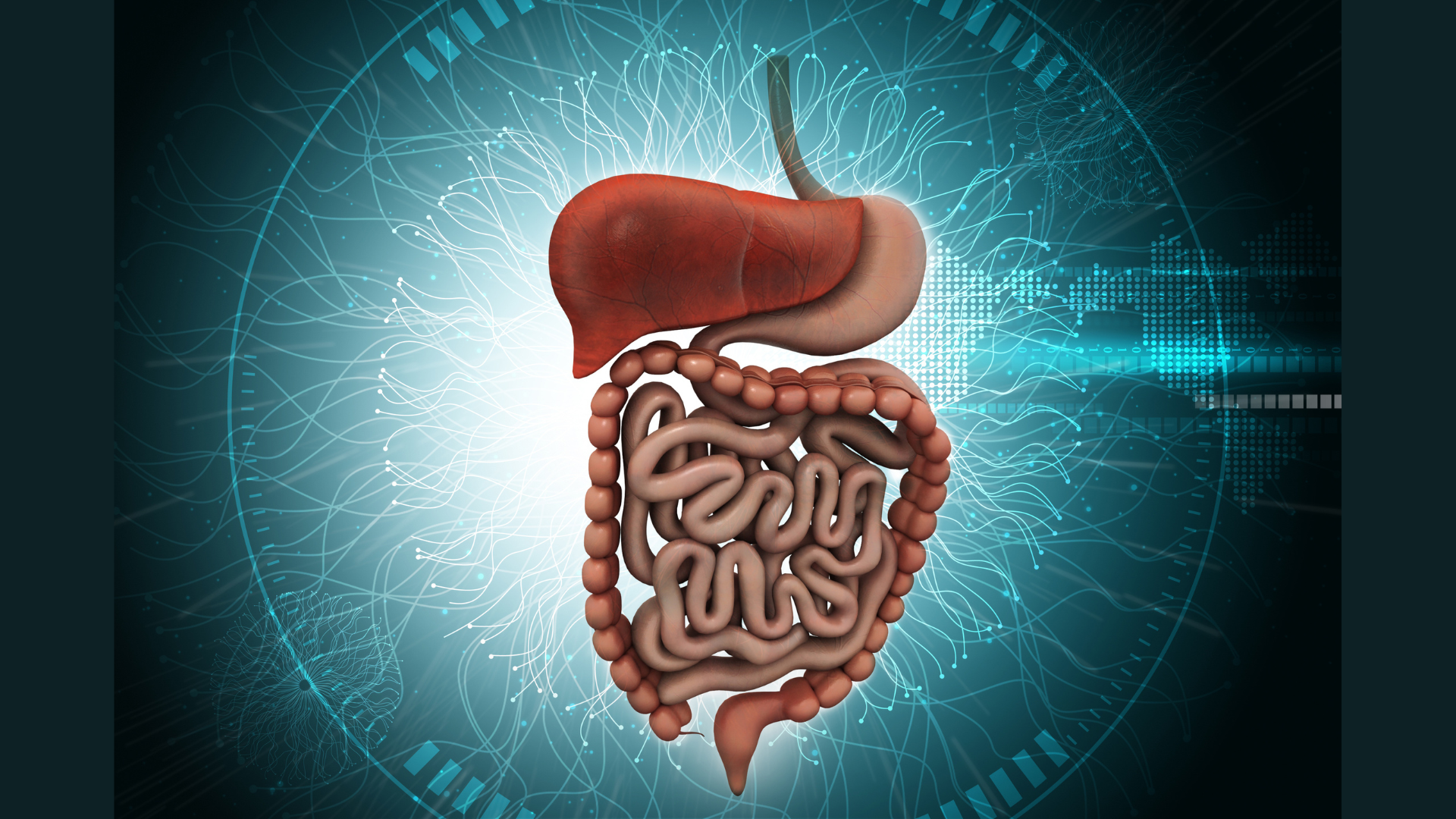Stress Management and Nutrition
In today’s busy society, we all need to learn some form of stress management. Most of us are aware that stress is linked to depression and many other diseases including heart disease, lung disease and cancer. But did you know that we can help manage stress with the right foods and nutritional body cleansing?

Stress is both emotional and physical. When we are nervous, upset, anxious, or depressed, we either eat the wrong things - “comfort foods,” or don't eat at all. But it is during these times that we should take special care of our bodies and ourselves to help us practice stress management.
Nutritional Stress Management
The food we eat can make or break our mental well being. Eating nutritious foods makes us feel good while eating junk food can make us cranky and more stressed.
Caffeine and sodium can raise our blood pressure, while sugar can cause “the blues.” Many processed and junk foods contain these substances in high amounts, which can alter our feelings and, in turn, make life seem harder to deal with therefore more stressful.
Nutrients in the food that you eat will determine if your body produces serotonin and dopamine in your brain, which are instrumental for relaxation and stress management. These nutrients can be found in foods such as whole grains, bananas, brown rice and tomatoes.
Essential nutrients needed for healthy brain function can also be found as essential fatty acids, green superfoods and other highly balanced proteins like sprouts and nuts.
Harmful Foods Affect Mental Wellness
On the other hand, the nutrients – or lack of – may determine if your body will create excess insulin and cortisone levels, which are associated with depression and higher than necessary stress levels (or the inability to handle stress).
For example, too much insulin and cortisone may be created by over-eating or eating too much white sugar or flour, excess caffeine, aspartame, monosodium glutamate, and so on. Many processed and packaged foods contain these substances in excess and hidden amounts and are best avoided during times of stress.
Sadly, white, processed sugar enters the blood stream too quickly. This increases how much insulin our pancreas will make (too much), which, in turn, leads to fat storage. As our blood sugar staggers, so does our mood.
Most breads, desserts, and other white flour based products such as tortillas and even biscuits and pancakes cause the same effect. This is because the simple carbs quickly turn into sugar (as glucose) and quickly raise blood sugar, creating the same spike in blood sugar.
3 Step Home Cleanse for Stress Management
- Purchase a home cleanse supplement such as Herbal Fiberblend
- Follow a healthy diet like I write about in The SpringClean Cleanse, cleanse guide; this guide is designed to help you cleanse to reach your personal goals.
- Use colon hydrotherapy to help your body become more efficient. If colonics are unavailable or too expensive, try a home Colema Board.
A spike in blood sugar can create a sugar high such as excitement or a state of euphoria. After the quick input of glucose wears off the sugar blues arrives with symptoms such as lethargy and depression. These feelings are because sugar interferes with the body's ability to produce feel-good hormones called endorphins.
Sugar interferes with another hormone, BDNF, which is deficient in patients with clinical depression and schizophrenia (PubMed 2002). Low levels of this hormone are also shown to trigger depression, confirming the previous study.
As you can see, processed sugar has a large impact of how our brains function, and how we feel. Other food substances that are known to affect our moods are caffeine which can make us overly anxious when too much is consumed. Serotonin is a necessary feel good hormone that our bodies manufacture from tryptophan found in turkey, nuts and milk; but too much can have a fatiguing effect.
Your Second Brain

Ever felt butterflies in your stomach every time you think of a certain person or circumstance? This is the release of harmful internal toxins. The "gut" area is also called our second brain, due to the strong connection between how we feel and the internal chemistry of the gut.
Hormones, neurotransmitters and 90% of the fibers in the vagus (the primary visceral nerve) carry information from the gut to the brain - not the other way around.
Harmful internal toxins, such as too much cortisol, are created during times of high stress. When overly excited, angry or afraid, your body releases chemicals. At the same time, feel good chemicals such as serotonin are created mainly in the "gut" area.
Add to these internally created toxins to the chemicals in processed and junk foods, and you have a harmful cycle of creating toxins, then adding more which makes us feel worse so we stress and create more, and so on. Our well-being is in jeopardy and stress management becomes more important before our health is harmed.
How Does Cleansing Fit into This?
Cleansing your body may be crucial for stress management. Considering the gut is the second brain is a good reason to help your body keep this area clear and balanced so that it can keep up the good work of making the right hormones and neurotransmitters to keep your mental well being.
Since harmful substances in food appear to create more stress, depression and anxiety than we should have, then stress management should start with eliminating these substances as much as possible while helping your body clear any of these that may be stored after years of over consumption.
Once we help our bodies cleanse away built up waste, our entire system can balance and maintain health the way it was designed to. Often, cravings are relieved through cleansing as the harmful substances leave and we feel more energized and positive because of it.
Once we help our bodies cleanse, we are reset and more aware of how food affects our mental health. This is why I believe that cleansing is the basis for good health and should be for all healing practices.
How to Cleanse for Stress Management
Body cleansing begins with colon cleansing. Many health practitioners put this practice in the background of healing when it should be central. A good analogy is this; you cannot repair a sink full of dirty water. You must first get the dirty water out, then the repair will be easier.
I consider cleansing to be similar. Even though we all have organs and systems in place to cleanse and detoxify, our bodies can become over burdened.
Just as your body is designed to keep you healthy through the immune system, your immune system can become compromised and you get sick whether it is a flu, cold or worse. This means you have to work extra hard to get well by means of eating better, more sleep, and even herbal products (or for some antibiotics or other medications).
Body or colon cleansing simply implies taking herbal supplements and following a diet that supports the systems and organs that help us cleanse waste and toxins from our bodies. We have to eat lighter to allow our body to use the digestive energies to clear built up waste that may be stored throughout our bodies such as; in the small intestine, liver or even stored in fatty tissue.
Herbal supplements for cleansing are akin to taking concentrated nutrition. This is because, in the holistic world, it takes 10 times the amount of nutrition to heal than it does to maintain day-to-day living. Nutritional supplements are often meant to support the various organs and their functions.
Adding other practices such as colon hydrotherapy or massage helps move the waste and toxins out, once the organs have done their job of collecting, neutralizing and removing them from our tissues.
Sometimes too much of this build up in the body inhibits your body from removing it efficiently. This can cause 'detox symptoms' such as headache, nausea and skin eruptions. Some holistic practices are a natural addition to helping your body remove this build up such as colonics can help stimulate action throughout the colon, or a massage can stimulate toxin release in muscle tissue. (Massage School Guide 2009)




